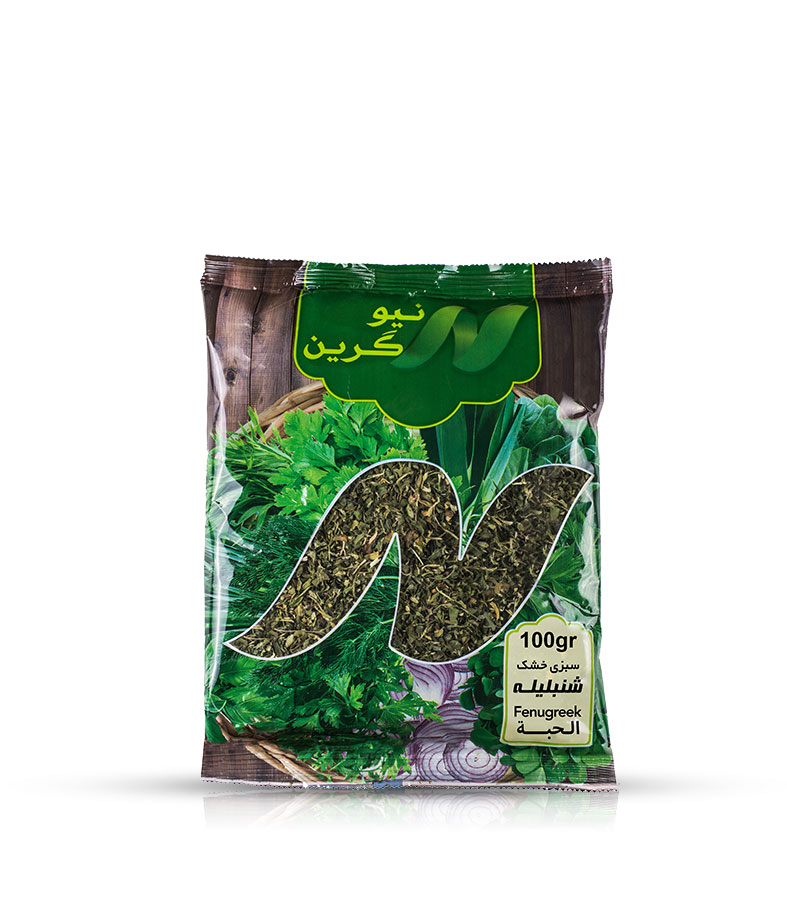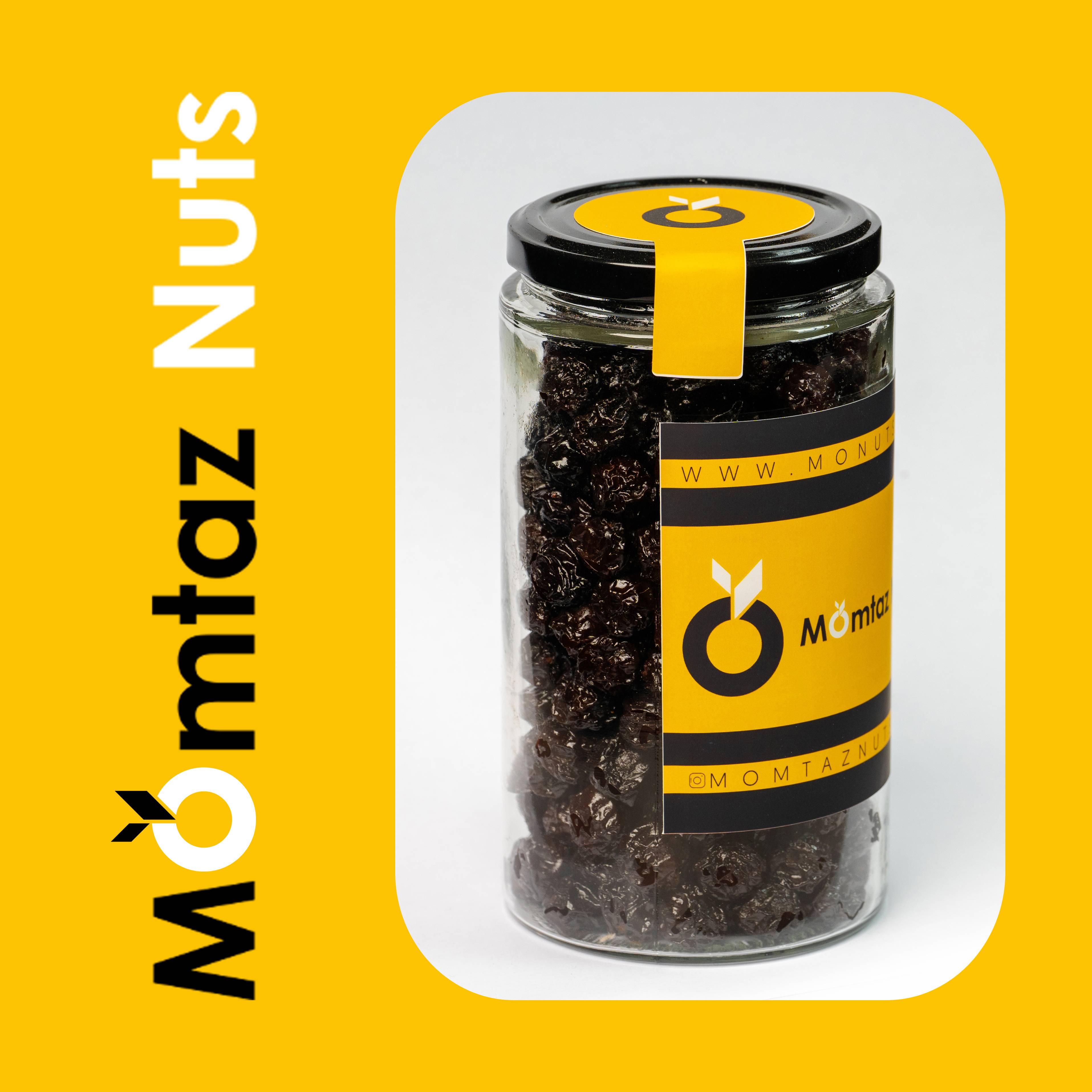Fenugreek is a herbaceous plant that grows easily in all regions of the country. Fenugreek is usually used in various foods such as soup because of its strong aroma.
In addition, fenugreek has many healing properties and has high nutritional value. This dry vegetable strengthens the stomach.
Fenugreek has a warm and dry nature. Many people believe that consuming fenugreek has a positive effect on their skin and hair.
Fenugreek contains copper, antioxidants, choline, trigonelline, yamogenin, sarsa sapogenin, and diosgenin, the presence of these chemicals has made fenugreek a medicinal plant. Studies show that fenugreek contains saponin, ginseng and fiber, which can be effective in treating many diseases.Studies show that consuming fenugreek helps to reduce blood cholesterol levels, especially bad cholesterol (LDL), and as a result, the risk of arteriosclerosis, heart attacks, and heart attacks is reduced. Fenugreek is rich in fiber that cleans cholesterol in blood cells and arteries.
It seems that fenugreek has a positive effect on type 1 diabetes and type 2 diabetes and improves blood carbohydrate levels.Appetite control: In three separate studies conducted on the effect of fenugreek consumption on appetite control, the amount of fat reduction in people who consumed fenugreek for 14 consecutive days was about 17%.
Cholesterol level: Some evidence indicates a reduction in cholesterol and triglyceride levels when fenugreek is consumed.
Heartburn: Studies have shown that the consumption of fenugreek in people suffering from discomfort and heartburn for two weeks reduces the signs and symptoms of the disease. It is interesting to know that the effect of using fenugreek is equal to the use of anti-obstructive drugs in patients.
Inflammation: Experiments conducted on mice indicate the anti-inflammatory effect of fenugreek. However, more research is needed to be able to say with certainty about its effect on humans.
 +7929688-88-14
+7929688-88-14

 English
English
 Persian
Persian
 Russian
Russian
 Chinese
Chinese


 +7929688-88-14
+7929688-88-14

 Dried fruit & vegetable
Dried fruit & vegetable









